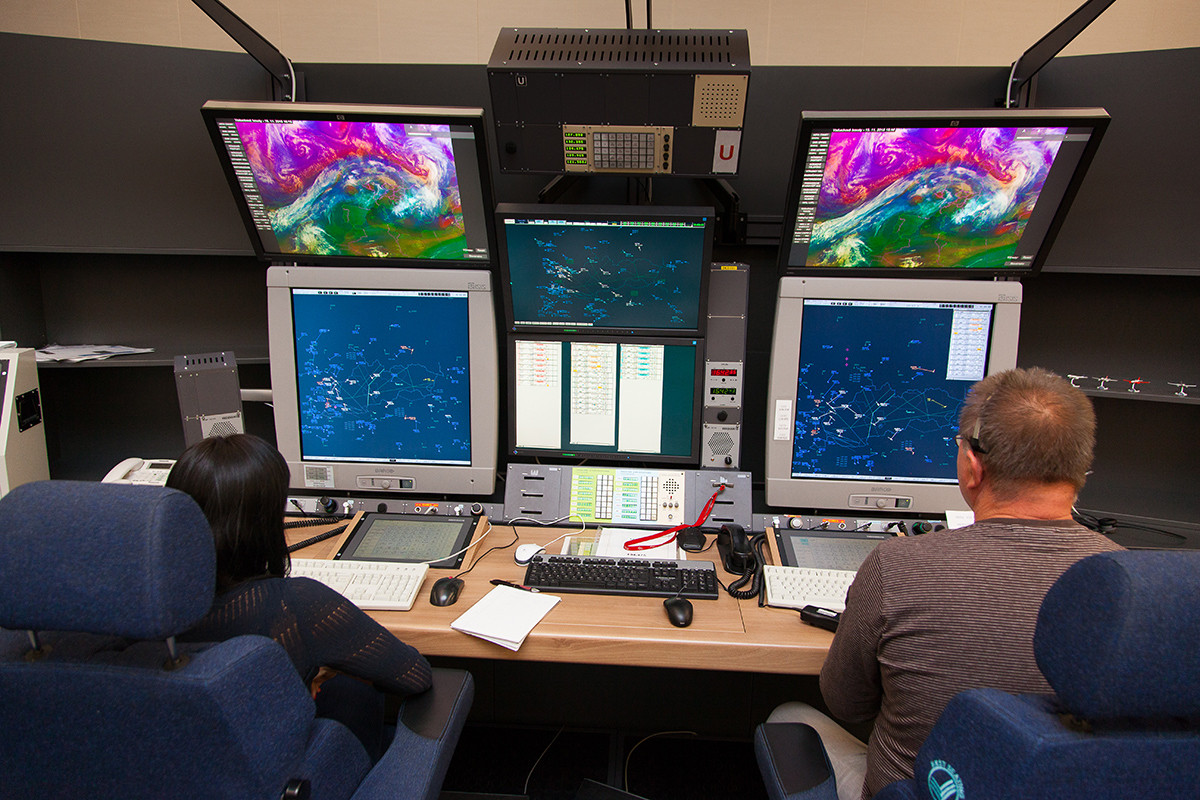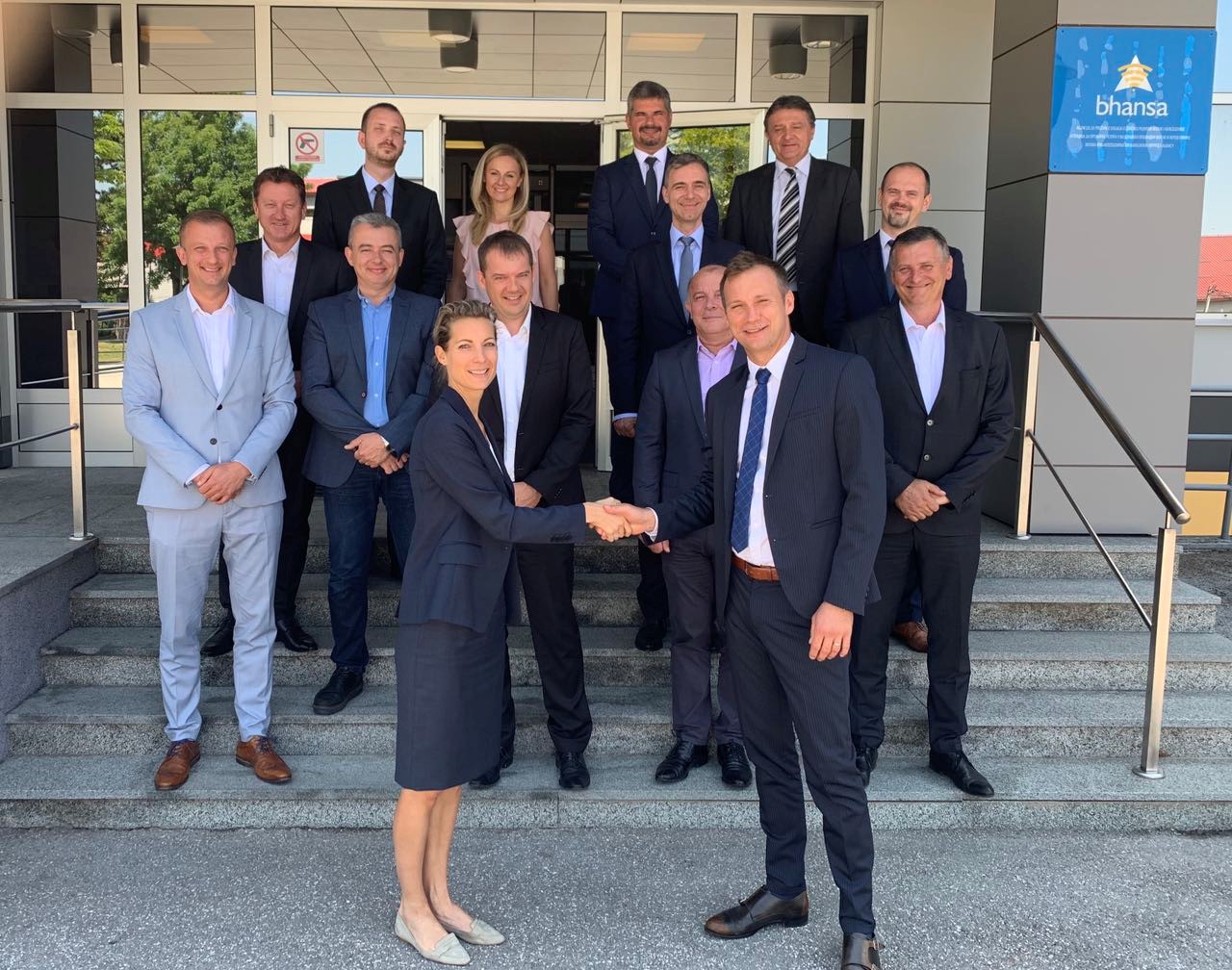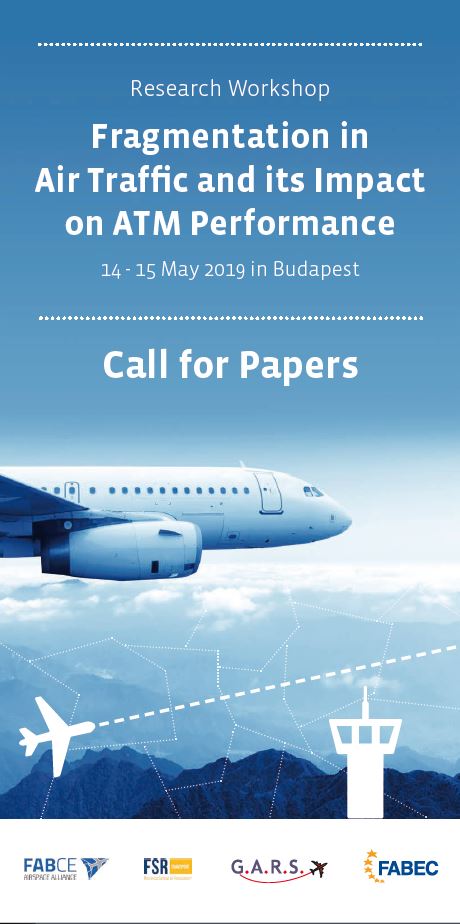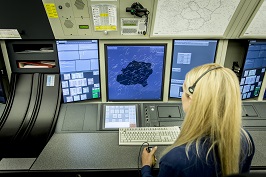FAB CE News

Slovakia joins South East Europe Free Route airspace initiative, reducing daily flight lengths by up to 3,200NM

FAB CE is moving forward with a range of technical cooperative programmes aimed at reducing costs and increasing efficiency through aligning procurement programmes and optimising the use of systems already deployed.

The FAB CE CEO committee meeting held on 16 October 2018 expressed its strong dissatisfaction with the current status and uncertainties of the Performance/Charging Regulation process and in particular the Performance Reporting Board (PRB) proposal for reporting period three (RP3) targets as being completely unrealistic given the current delay situation.

Cross border free route airspace night operations are due to be expanded from 6 December 2018 within the SEEN FRA, an airspace area comprising the control areas (CTAs) of Bucharest, Budapest and Sofia.

FAB CE and FAB EC are happy to invite you to the Research Workshop that will be hosted on 14-15 May 2019 in Budapest.The aim of this fragmentation workshop is to bring greater clarity to the concept of fragmentation.

New procedures help optimise air traffic management over the Alps in adverse weather conditions
Weather conditions cannot be changed but the consequences can be managed more effectively. Working together and across borders, experts from numerous control centres worked on a set of procedures to deal with adverse weather conditions in the Alps and the impact on Munich Airport.
Page 20 of 41
